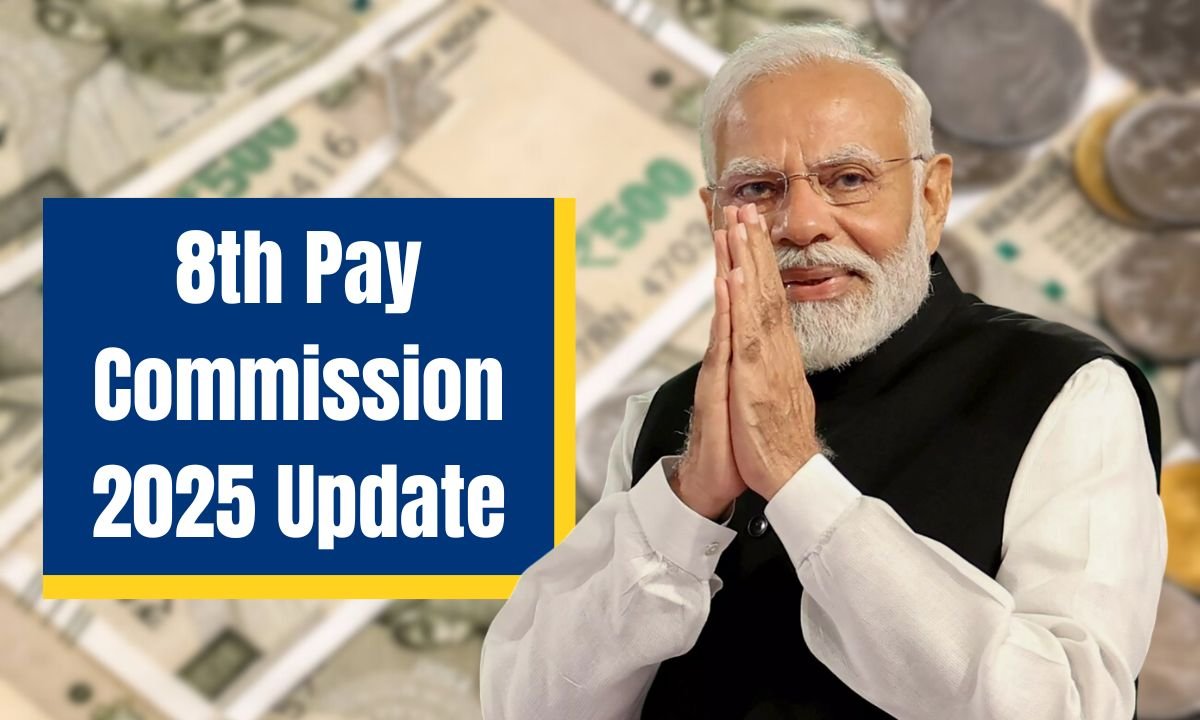One of the most high-profile activities across time lies in the discussion of the 8th Pay Commission for over 1 crore central government employees and pensioners in India. If declared in January 2025, it will consider revisions for salaries, allowances, and pensions to fit with current economic conditions. Although the official panel has not yet come into full constitution, the government has assured all that the matter is being expedited with full urgency.
Early Constitution Assured
Union Minister Jitendra Singh told the media that discussions with the states are underway and, hence, an official announcement on constitution is expected soon. This came in the wake of persistent demand by employee unions to ensure that no delays come in to push the implementation beyond January 2026.
Key Demands of Employees
While discussing the 8th Pay Commission during meetings with the Government Employees National Confederation (GENC), certain other issues were mentioned:
- Restoration of the Old Pension Scheme (OPS) in place of NPS and UPS.
- Release of 18 months of pending Dearness Allowance (DA) arrears from the COVID-19 freeze.
These demands, if accepted, could bring double benefits — a new salary structure and additional arrears.
Fitment Factor and Salary Hike
How much salary go-up can be realized; will depend on the fitment factor. For the 7th CPC, it was 2.57, whereas experts assert that the 8th CPC could recommend anywhere from 1.83 to 2.46.
For example:
- At 1.83, the basic pay of ₹18,000 is expected to be enhanced to around ₹32,940.
- At 2.46, the same pay would be enhanced to ₹44,280.
That means, increases to various allowances like house rent allowance (HRA), travel allowance (TA), and pension would also be applied.
Pensioners to Benefit Too
Pensioners get their proportional hike because the pension gets linked with revised basic pay. The commission would also hopefully revise the allowance structure to eliminate obsolete benefits and bring transparency.
Timeline for Implementation
While the government wants to implement the new pay structure starting January 1, 2026, past trends would suggest that it may be fully implemented by 2028. Interim reliefs, hence, may be announced in the meantime.
Conclusion
The 8th Pay Commission does provide quite a big relief for central government employees and pensioners. With salary increases, pension revisions, and possibly arrear payments, it is imperative that we keep ourselves updated with the official announcements. The next few months will be crucial for the final benefits under this much-awaited reform.
Also read: EPFO New Rules 2025: Digital PF Transfers, Higher Pensions and Faster Payments
